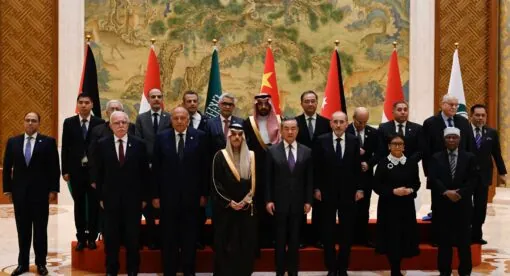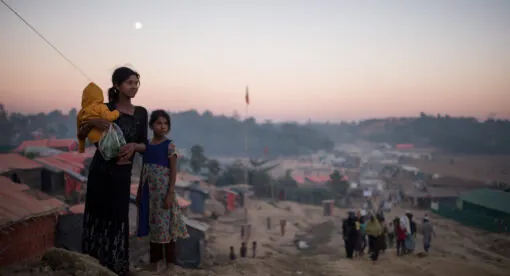The world population is currently estimated to be more than 8 billion and will be close to 10 billion by 2050. The extraordinary growth can be attributed to increased longevity as a result of widespread improvement in “public health, nutrition, personal hygiene and medicine, and on the other hand, the persistence of high levels of fertility in many countries.” Most of the population growth is occurring in developing countries, a trend that will continue well into the future. Close to 50% of the projected increase in the world’s population from today until 2050 is anticipated to take place in a few large countries within the developing world, and the share of the developing world population will increase from 66% in 1950 to 86% by 2050. Moreover, the population of the developing world is young and will continue to be for the foreseeable future.
Increases in population will strain the governments of developing countries, translating into more demand for food, water, health care, jobs, and energy, among many other needs. Simply put, it will be more difficult for “low-income and lower-middle-income countries to afford the increase in public expenditures on a per capita basis that is needed to eradicate poverty, end hunger and malnutrition, and ensure universal access to health care, education and other essential services.”
The failure of governments in MENA to address quality-of-life issues as the population grows could lead to a complete collapse of their political systems, as witnessed in countries such as Libya and Syria. Current trends are paving the way for massive migration to European countries, which could experience similar strains in providing satisfactory living conditions. Given its status as a destination for migrants from the MENA region and its proximity to the region, the EU would be an important partner for MENA countries in their efforts to improve quality of life for their residents. The EU could assist MENA countries in adopting effective voluntary family planning, moving toward more reliance on clean and renewable energy, and implementing efficient water management practices.






